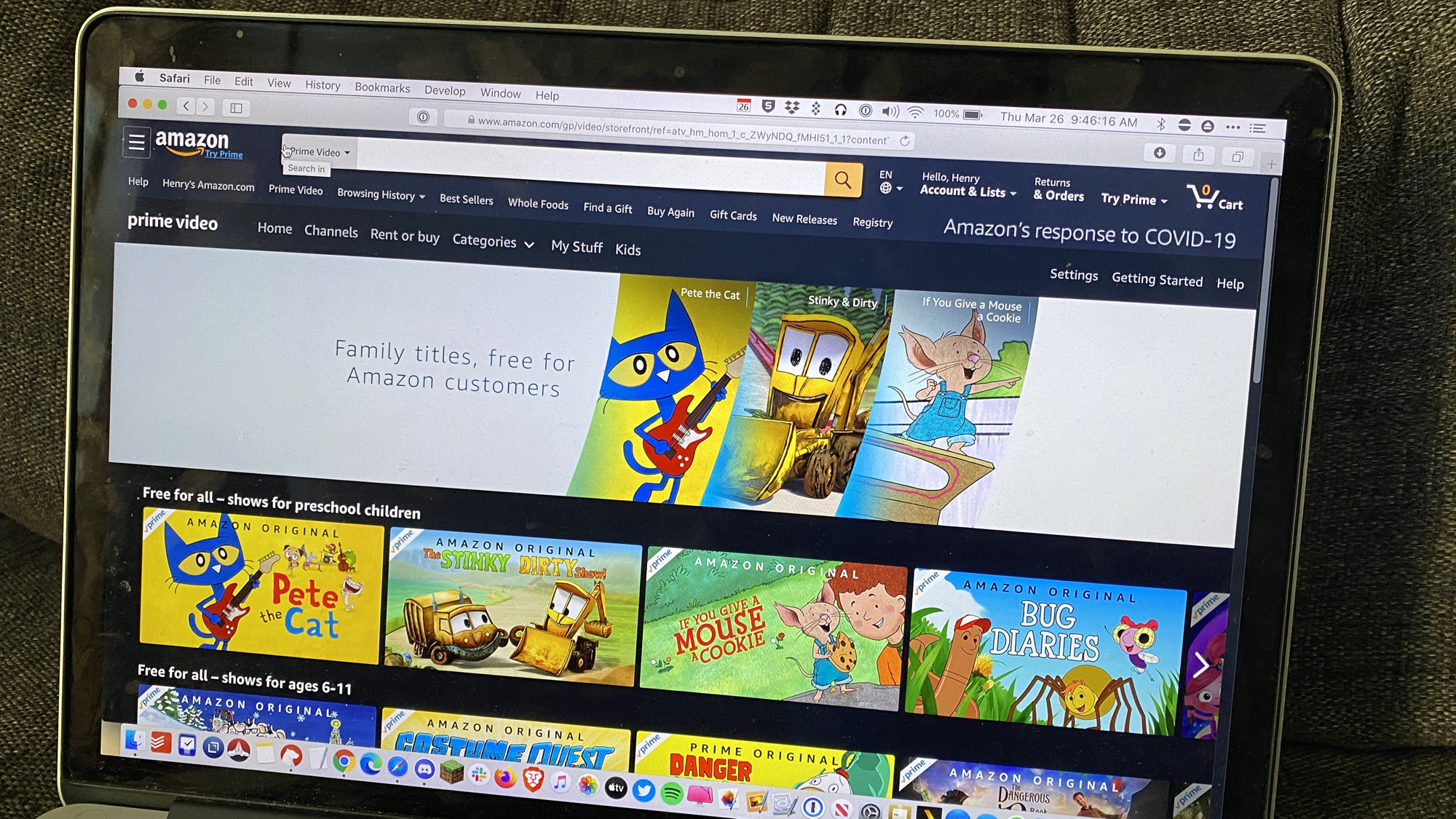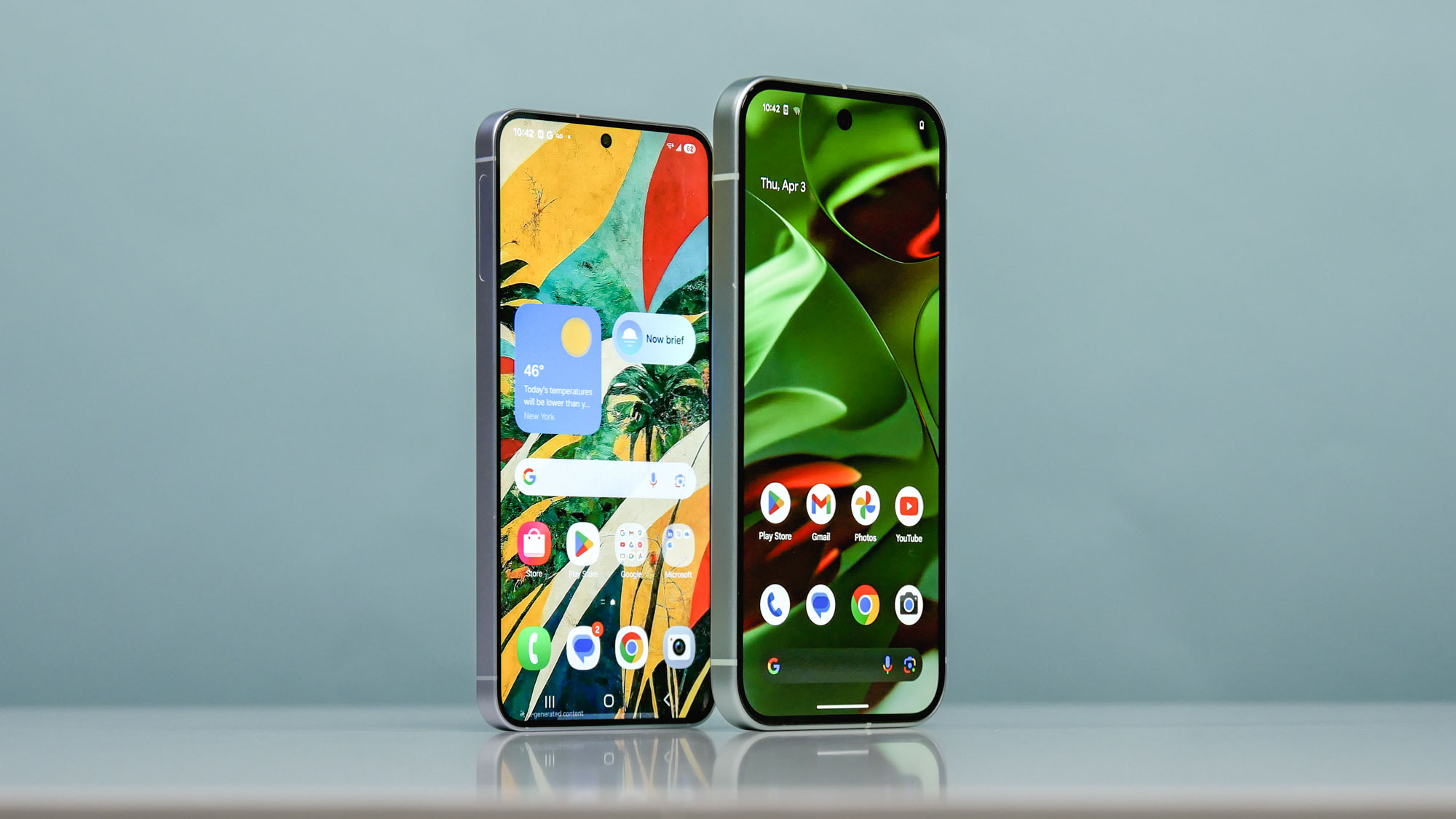Is it worth using a VPN when streaming?
A VPN can improve your streaming experience

The best VPN (or virtual private network) is an effective tool that encrypts your online activities and hides your true IP address, so you can keep your digital presence consistently private and protected.
Due to these core functions, VPNs are also useful when it comes to streaming. The best streaming VPN can overcome common restrictions—such as bandwidth throttling and geo-blocked content—which makes them appealing potential solutions to anyone who’s keen to maximize their streaming possibilities.
However, are the benefits of streaming with a VPN worth it? Furthermore, are there any major drawbacks? In this article, we’ll discuss the pros and cons of using a VPN when it comes to streaming.
- Here are our latest tests on which VPNs work with Netflix
Why use a VPN for streaming?
Due to the differences between licensing agreements around the world, geo-blocked content is a common feature across all the major streaming services—such as Netflix, BBC iPlayer, and HBO Max. This means that, if you’re streaming content, there will be certain TV shows, movies, and sporting events that are not available to watch in your country.
One of the biggest appeals of VPNs is that they can bypass these restrictions by making it seem as though you’re accessing geo-blocked content from an approved region. This is achieved by redirecting your internet traffic to a suitably located remote server.
Of course, VPNs are not infallible and can sometimes be detected by a streaming service. However, if you choose an leading VPN that has a high level of encryption and many server locations (such as ExpressVPN), you’ll be able to access lots of region-restricted content and remain undetected.
The idea of being caught using a VPN to access geo-blocked content might put you off the idea—but it needn’t. The chance of your account being suspended or canceled due to using a VPN is slim. The worst that’s likely to happen is you’ll see an error message that prevents you from accessing the selected content.
What’s more, it’s legal to stream with a VPN, providing the region you’re in hasn’t outlawed the use of VPNs altogether.
VPNs reduce the chances of buffering when streaming
Streaming is an online activity that can take up a lot of bandwidth. In response, your internet service provider (ISP) may slow your connection speed down to offset any network congestion. This is known as bandwidth throttling, which can cause prolonged periods of frequent, disruptive buffering when streaming.
However, by using a VPN with a high-level of encryption (like AES 256-bit encryption), you will keep your internet activity successfully hidden from your ISP. As a result, you’re much less likely to experience bandwidth throttling while streaming, and therefore avoid persistent buffering issues. This is also what makes a gaming VPN an unlikely but very useful partner when playing multiplayer games online.
- What is a VPN? Here, we explain all

VPNs may decrease your internet speed
Although using a quality VPN reduces the chances of buffering while you stream and can avoid network throttling, it might also decrease your internet speed overall. This is because a VPN sends your online traffic along an encrypted tunnel to a remote server, and this extra activity can cause your internet speed to lag.
Furthermore, by using a reliably fast VPN, you’ll be able to choose from a wide selection of server locations that are not overburdened with online traffic. Among the servers available, there are likely to be suitable ones located relatively close by, meaning the distance your data travels won’t cause much, if any, discernible delay in connectivity.
Ultimately, there’s a small compromise to work out between effective encryption and optimal internet speeds, but this doesn’t mean a VPN isn’t worth using when streaming. In most cases, internet speeds don’t lag so much that they become too inefficient to stream or browse with – and if you suffer from throttling, it’ll give you a consistently swift connection no matter what you’re doing, which is arguably much more useful than a higher headline figure that’s rarely actually reached in use.
Bottom line
Overall, a good-quality VPN is worth using when streaming. Firstly, a VPN enables you to access content that’s been geo-blocked by services such as Netflix, Amazon Prime, and HBO Max. Secondly, a VPN can solve the recurring buffering issues that are caused by bandwidth throttling.
Moreover, if you invest in a decent VPN (such as NordVPN, ExpressVPN, or Surfshark), there will only be a relatively small chance of a streaming service detecting your real IP address, or your ISP spotting your online activity.
Although it’s no secret that VPNs can slow your internet speed down, don’t let that necessarily put you off. If you use a quality provider, you’ll be able to stream smoothly without noticeably worsening your internet’s speed.
What do we recommend?
ExpressVPN stands out from the competition in terms of price, features, and value. With over 3,000 servers in nearly 100 countries, all the security features necessary, blazing connection speeds, and reliable access to multiple streaming services, ExpressVPN is an excellent choice for those after security with no compromises.
While some users may prefer certain features of other top VPNs, it’s the best overall option for most users – and now Tom’s Guide readers can claim three months absolutely free.
Get instant access to breaking news, the hottest reviews, great deals and helpful tips.
Liam is a freelance content writer with two writing-based university degrees. He has accumulated knowledge in a variety of tech topics, including VPNs, antivirus products, cybersecurity, TV streaming, and popular apps. He also contributes to an arts and culture online magazine called Now Then, based in Manchester, England. In his spare time, he enjoys reading and writing poetry.
 Club Benefits
Club Benefits







